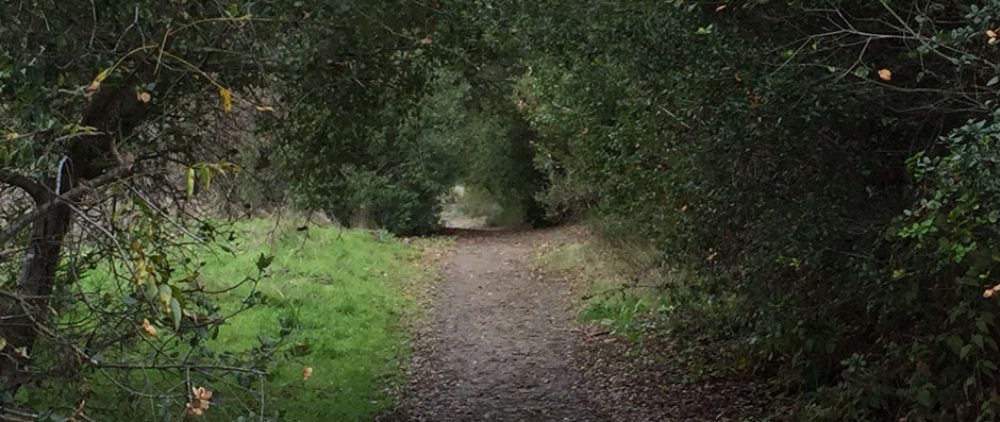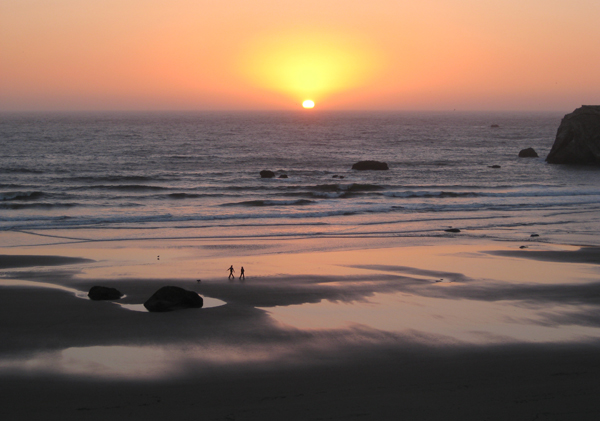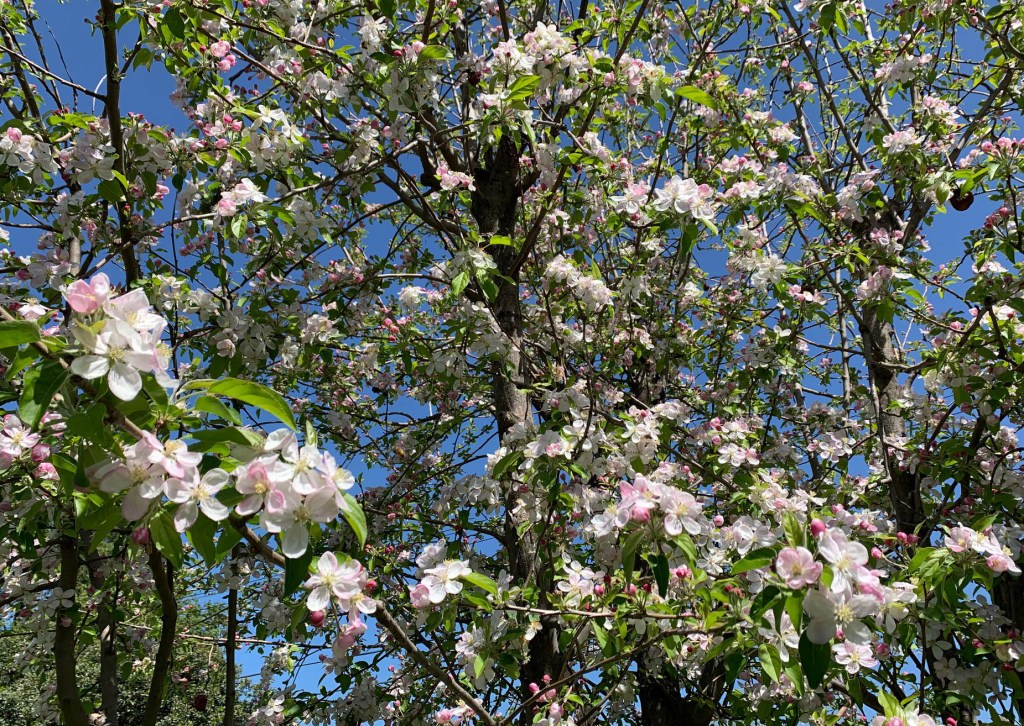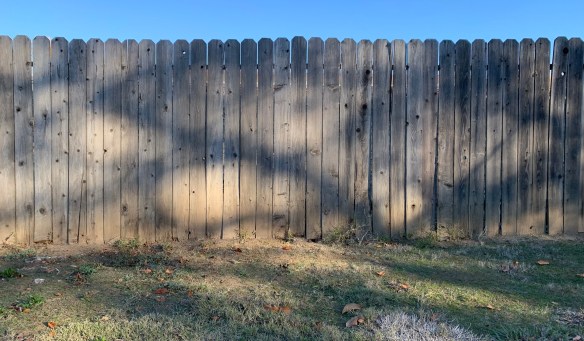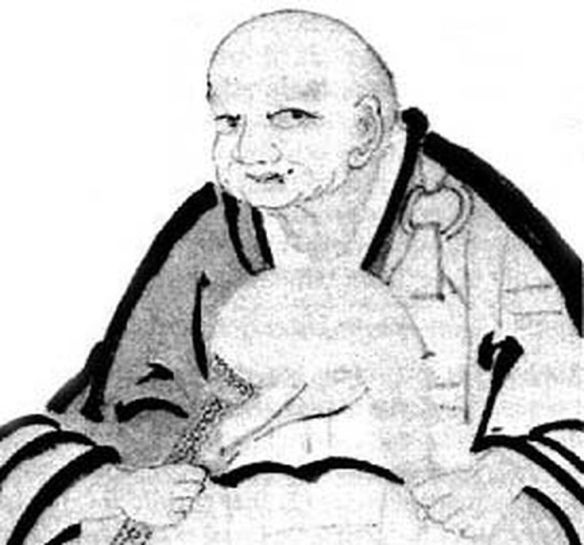On Sunday, a 39 year old man drove an SUV through the annual Christmas parade in Waukesha, Wisconsin. Five people are dead and many more injured, including 18 children between the ages of 3 and 16, who suffered abrasions, broken bones, and serious head injuries. I remember the joy of a Christmas event like that when I was about 4, that climaxed with Santa arriving by helicopter. Will Advent and Christmas ever be joyful again for the people of Waukesha?
The media mostly glossed over the event. If the killer had used a gun or had a political motive, it would have been front page news, but apparently regurgitated opinions on the Rittenhouse trial got more clicks than another massacre in America.
As of this morning, we know the accused man was on bail after allegedly running over the woman who claims to be the mother of his child at the start of the month. On Sunday, he was involved in a “domestic altercation” before plowing into the crowd. One of the few comments I saw the night of the attack came from Marianne Williamson, who said “an evil spirit” was loose in Wisconsin, and we needed to pray.
Williamson evoked some mockery during the 2019 Democratic primary debates for statements like that, but hers was the one comment I still remember from those events. She said “No amount of policy wonkiness can overcome all the hate in this country.” More recently she echoed words I’ve heard from other leaders in other spiritual traditions that, “There are no political solutions for what ails the nation.”
I’ve been thinking about belief in spirits, both good and bad. Some acts are so heinous it’s hard to believe that “mere” human malevolence lies at the root – the Manson murders and Jonestown come to mind. As far as I can tell, only western culture since “the Enlightenment,” has refused to acknowledge the possibility of non-material influence on our behavior. Belief in spirits was part of original Christianity, and “distinguishing between spirits” was listed as a gift of the Holy Spirit by St. Paul (1Co 12:10 NIV). When you’re hearing voices, it’s good to know if they’re trustworthy!
We can call them spirits or call them neuroses, but at times like this, it’s dangerous to call ourselves invincible. In a more peaceful time, when the Star Wars movies first came out, everyone knew the Force was good and wanted it, without taking it literally. It’s worth remembering now that all it takes to turn us to the Dark Side is anger and hatred.
